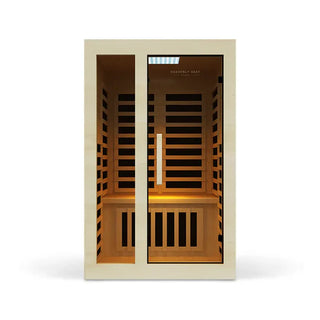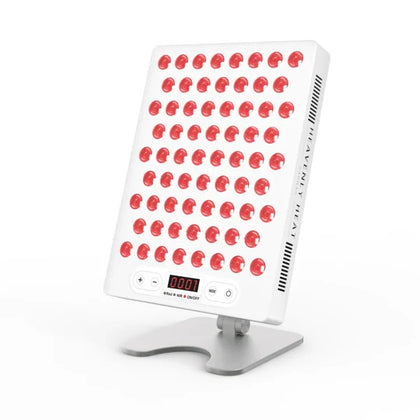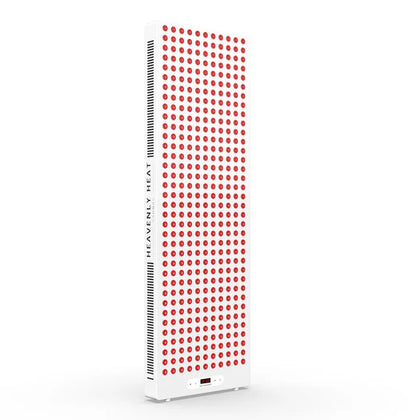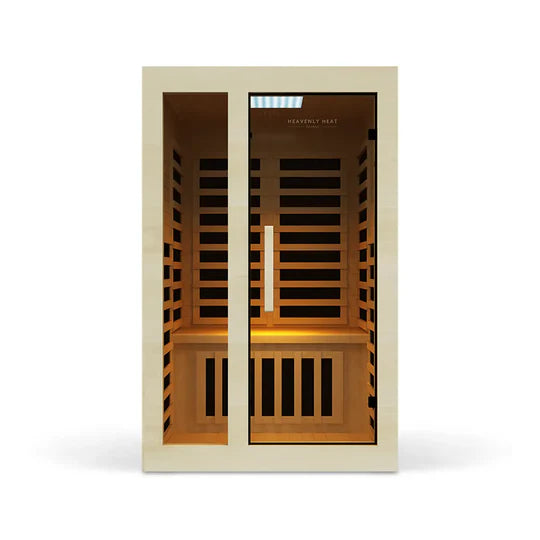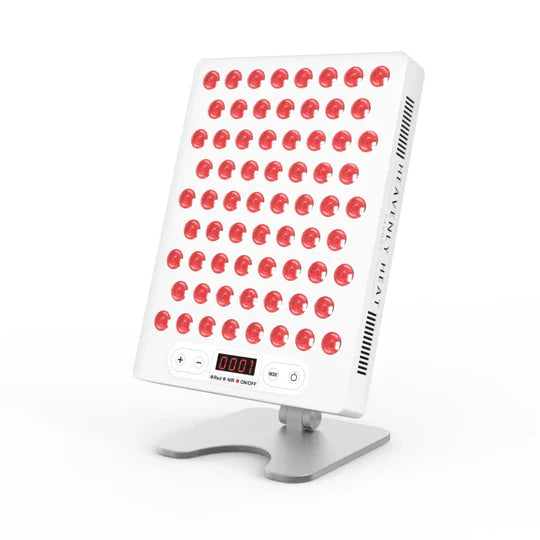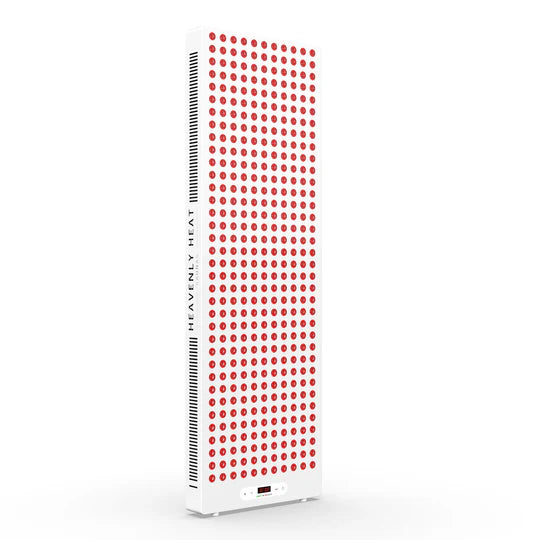Do Cold Plunges Help With Inflammation?

Feeling sore and inflamed? Cold plunges are known for reducing muscle pain and speeding up recovery.
But, does this icy remedy really help with inflammation? If you're struggling with chronic swelling or inflammation, you might wonder if this trendy therapy can offer real relief.
While the idea of submerging yourself in freezing water sounds tough, the benefits could be more than worth it.
Let’s dive into how cold plunges can help ease your discomfort.
Do Cold Plunges Help With Inflammation?
Emerging scientific evidence suggests that cold exposure can significantly influence inflammation and recovery.
A 2025 review published in , Life Sciences highlights the anti-inflammatory effects of cold exposure, noting its ability to reduce chronic inflammation, enhance antioxidant defenses, and activate brown adipose tissue, key factors associated with healthier aging and improved metabolic function.
Additionally, a 2020 randomized , controlled trial found that a 20-minute cold application led to the greatest reduction in pain and swelling in patients with soft tissue injuries, while also improving joint mobility and patient satisfaction.
These findings support the use of cold plunges as a potentially effective strategy for managing inflammation and enhancing recovery.
Other Ways to Reduce Inflammation
Use Turmeric powder
Turmeric powder is a powerful natural remedy that has been used for centuries to support health, particularly in reducing inflammation.
This vibrant yellow spice, a staple in South Asian cuisine, owes its anti-inflammatory properties to the compound curcumin, which acts as a natural defense mechanism in plants.

Studies have shown that curcumin has potent biological effects that can help mitigate inflammation and support immune health.
Its efficacy is so notable that modern research has explored its use in developing anti-inflammatory drugs.
In addition to its culinary uses, turmeric has a respected place in traditional medicine, such as Ayurveda, where it’s used to treat ailments ranging from infections to joint pain.
Including turmeric in your diet, whether through meals or supplements, can be an effective and natural way to help reduce inflammation in the body.
Drink Green Tea
Drinking green tea can be an effective way to help reduce inflammation.
In one study, participants who took green tea extract (GTE) over an 8-week exercise program showed significantly higher reductions in inflammation markers, including high-sensitivity C-reactive protein (hs-CRP), than those who only exercised.

Another study confirmed that GTE has anti-inflammatory effects by promoting an increase in adiponectin, a protein that reduces inflammation.
Together, these studies reveal that green tea’s natural compounds can support inflammation reduction, especially when paired with regular exercise.
Good Sleep
Getting enough quality sleep can help reduce inflammation in the body. Research shows that losing sleep—even for a single night—can raise inflammation markers.

One study found that when we don’t get the right amount of sleep, the inflammation markers increase, which can heighten the risk of health issues like diabetes.
Additionally, a review of over 50,000 people found that sleep problems and too little or too much sleep were linked to higher levels of inflammation , emphasizing the importance of balanced sleep for inflammation control.
Stress management
Managing stress can play a powerful role in reducing inflammation, which benefits overall health by helping to prevent chronic conditions like heart disease, liver disease, and even depression.
A recent study dug deeper into how our modern lives, though longer-lived, are packed with stress that our bodies aren’t always equipped to handle.
This study observed how chronic stress affects our bodies' homeostasis, throwing us out of balance and leading to diseases.
Researchers found that the link between stress and disease often involves excessive inflammation, a common thread in conditions from atherosclerosis to non-alcoholic fatty liver disease.
Their findings suggest that mild chronic inflammation from stress is a key player in these illnesses, highlighting the need for effective stress management to keep inflammation in check and support overall health.
Do Exercises
Doing regular exercises can be a powerful way to help reduce inflammation, especially as we age.
A recent review explored how exercise influences inflammation in older adults. Researchers focused on clinical trials that examined exercise’s impact on inflammation markers in the elderly.

They found that regular exercise could actually lower these inflammation markers, which are linked to diseases and poorer physical function.
The study also showed how exercise supports muscle mass and lowers the risk of heart and metabolic diseases.
By keeping inflammation down, exercise may help older adults stay healthier and maintain a better quality of life.
Can Cold Plunges be combined with other treatments for inflammation relief?
You can combine cold plunges with treatments like saunas, massages, or compression therapy to target inflammation.
A sauna after a cold plunge boosts blood flow, which can reduce inflammation. Massages loosen tight muscles and ease soreness, helping the body heal.
Compression therapy lowers swelling, which directly fights inflammation.
Avoid heat packs immediately after a cold plunge, as they can cancel out the cold’s effects. Always check with your doctor to stay safe.
Conclusion
Cold plunges can be an effective method for reducing inflammation, particularly by easing muscle soreness and speeding up recovery.
While they are not a cure-all, they offer significant benefits, especially when combined with other treatments like exercise, stress management, and anti-inflammatory foods.
By incorporating cold plunges into a broader wellness routine, you can help manage inflammation and support overall health.
As always, consult with your healthcare provider before trying new treatments for inflammation.




